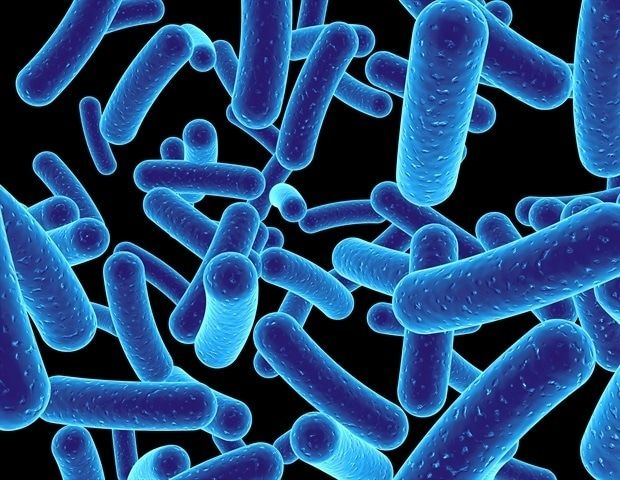Belgian scientists have come to the surprising finding that vesicles coming from gut bacteria, are present in blood of patients with HIV, inflammatory bowel disease and cancer. Due to the increased permeability of the intestinal wall in these patients, bacterial vesicles end up in the bloodstream and can influence the immune system. This research sheds new light into the way the gut bacteria can communicate with different organs in the human body and is published in the scientific journal Gut.
Our body lives in symbiosis with trillions of bacteria. Most of these bacteria are located in the colon and a disturbance in this intestinal flora has recently been linked to the development of diseases such as diabetes, obesity, Alzheimer’s disease, inflammatory bowel disease, HIV and cancer. Gut bacteria communicate with each other, but also with human cells, using different molecules (proteins, RNA, DNA,…). These molecules can be packaged in unique small particles that are formed by bacterial cells, bacterial extracellular vesicles.
Source:
